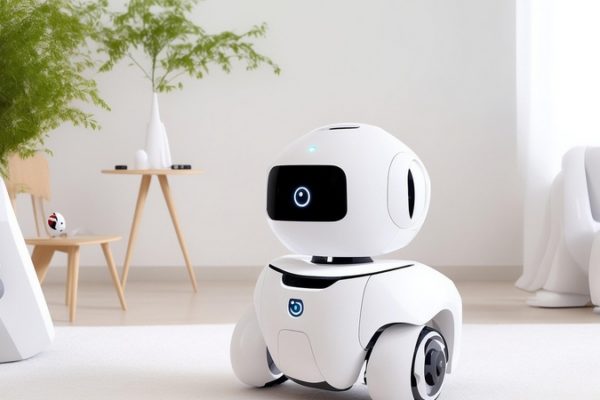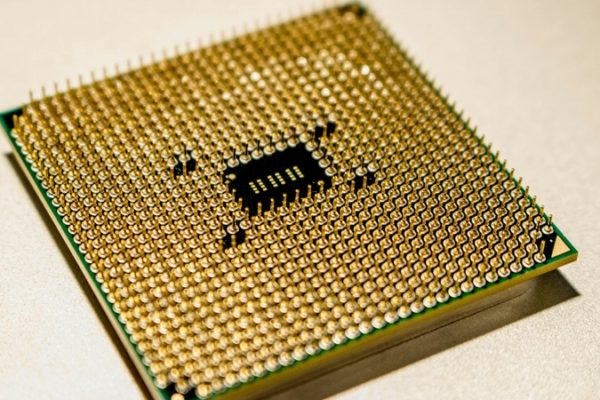
Keeping water infrastructure in check is essential for providing clean drinking water, but while numerous sensors and advanced systems exist for this, they can only do so much. In a recent video published by Tom Scott, the rumours of clams being used to check the condition of water sources in Poland really is true, and the engineering behind the system is truly ingenious. What challenges does water treatment present, how are clams used as IoT devices, and what does this tell us about the combination of biological entities and internet-enabled technologies?
Top Stories This Week
- How IoT Clams Help Keep Polish Water Safe
- Japan Commits Massive $2.4B Investment For Next-Gen 2nm Chip Research Hub With The US
- Chipmaker TSMC Plans Arizona Factory Expansion
- NB 5G-IoT is the next big thing in the space industry
- Mythic Bet Big On Analog AI But Has Run Out Of Cash
- Stirling Council To Install IoT Sensors In Social Housing To Improve Living Conditions
- Super-Fast Optical Lasers Could Replace Radio Transmitters In Critical Communications
- Remember Elon Musk’s Hyperloop? It’s Gone Now!
- A California Startup Says 3D Printing Batteries Could Double Capacity
- UK Government To Scan All UK Internet-Connected Devices To Assess Country Security
- How Utility Systems Are At Risk From IoT And Itself
Custom parts for startups & enterprises - order online, delivered same day.
Hardware Business News
Japan Commits Massive $2.4B Investment For Next-Gen 2nm Chip Research Hub With The US
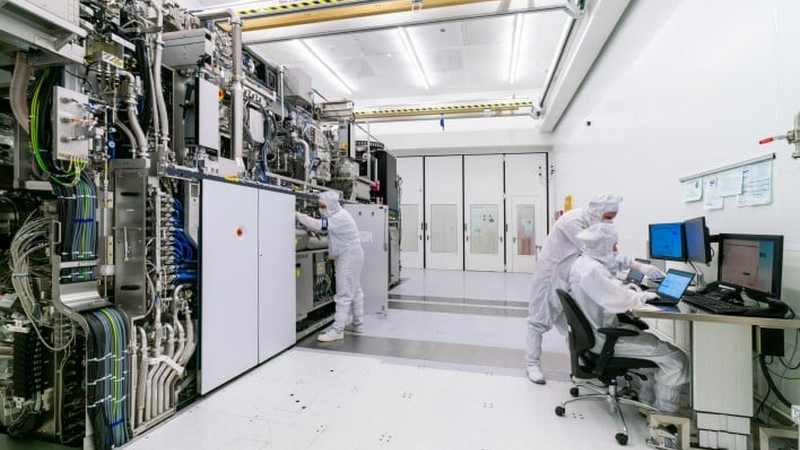
According to a report from Nikkei Asia, Japan is budgeting some 350 billion yen ($2.38b USD) for its contribution to a research collaboration between that country and the United States on the development of a 2nm (or 20 Angstrom) microchip fabrication process. The island nation is apparently also budgeting some 450b yen to actually build a fab with the technology on its land, as well as an additional 370b yen for “essential materials.” What challenges has the semiconductor faced in the past few years, how will the funding enable the creation of new semiconductors, and will this improve Japan’s position in US semiconductors?
Chipmaker TSMC Plans Arizona Factory Expansion

With numerous trade restrictions being placed on China by the US, many semiconductor companies outside of the US are starting to wonder if they will be next in the firing line. As such, many non-US companies have started to establish new semiconductor foundries in the US which not only helps those companies improve US relations, but also allows them to access funds via the CHIPS act. Recently, TSMC has announced that it has begun construction of a new facility in Arizona which could be used to manufacture future chips. Why has the US placed restrictions against China, why does TSMC feel threatened by the US, and will the new foundries in the US help TSMC?
NB 5G-IoT Is The Next Big Thing In The Space Industry

Satellite technologies have been essential for long-distance communication thanks to their ability to dramatically increase the line of sight of devices on the ground. While satellite internet, TV, and mobile data continue to dominate terrestrial data streams, one emerging industry could add new value to satellite technologies; NB-IoT. Recently, a start-up called SatelIoT has been experimenting with 5G and satellite-based IoT networks to power fully remote systems, something which the field of IoT desperately needs. What challenges does satellite-based communication present, what does SatelIoT do, and how can their solution help the IoT industry?
Mythic Bet Big On Analog AI But Has Run Out Of Cash
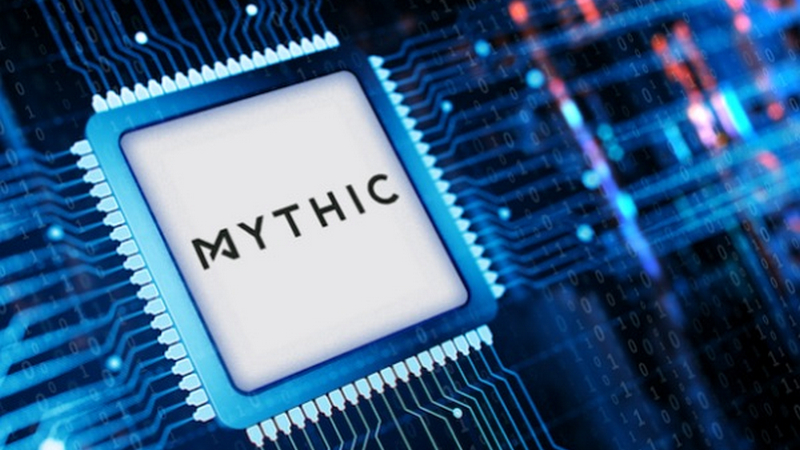
AI technologies are becoming critical in all aspects of life whether it is making intelligent business trades, powering smart systems, or providing consumers with quality recommended content. However, AI operates in a fundamentally different way to modern computers which means that engineers have devoted large amounts of resources to creating dedicated hardware platforms specifically for running AI tasks. One company that believed it had the solution, Mythic, has recently run out of funds after a 10-year run, and will now likely close shop. What challenges does AI present, what did Mythic do, and why did it fail?
Talk with an expert
Hardware Engineering News
Stirling Council To Install IoT Sensors In Social Housing To Improve Living Conditions

Living conditions are a major factor in health, but trying to ensure living conditions in dwellings can be challenging, especially when trying to identify moisture, mould growth, and heating inefficiencies. Recognising the challenges faced by homeowners, Stirling City Council recently announced a new initiative that will see the installation of over 50,000 IoT devices in homes. What challenges do homeowners face, what is Stirling Council planning to do, and could IoT devices finally be ready for homes?
Super-Fast Optical Lasers Could Replace Radio Transmitters In Critical Communications
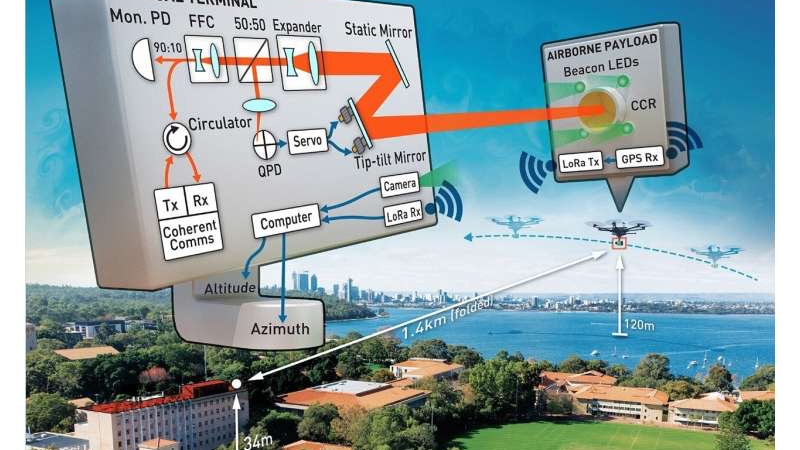
When it comes to wireless communication, there is no doubt that radio waves and microwaves have absolutely dominated the industry thanks to their ability to travel great distances, provide large bandwidths, and ease of transmission and reception. However, there are numerous challenges that radio systems face which is seeing some researchers turn to high-powered laser beams to provide high-speed essential communication lines that are immune to interference, man-in-the-middle attacks, and provide numerous multiplexing options. What challenges do laser systems face, what are researchers trying to do, and why could laser replace radio for long-distance communication systems?
Remember Elon Musk’s Hyperloop? It’s Gone Now!
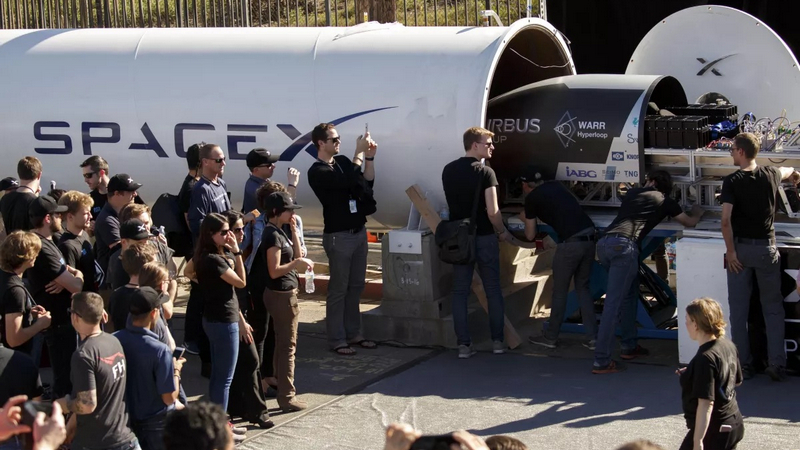
When Elon Musk announced his idea of the hyperloop to the world, many engineers and scientists shook their heads in disagreement due to the numerous challenges such a transportation system faces. Nevertheless, Elon Musk continued to fund the Hyperloop, got thousands of students involved with numerous designs, and even built a one-mile-long pipe to test these projects. Fast forward to 2022, and the tube has now been dismantled which artistically reflects the dismantling of Hyperloop as a concept. What challenges does the Hyperloop face, why has the city removed the tube, and what does this teach us about believing everything Elon Musk says?
Hardware R&D News
A California Startup Says 3D Printing Batteries Could Double Capacity
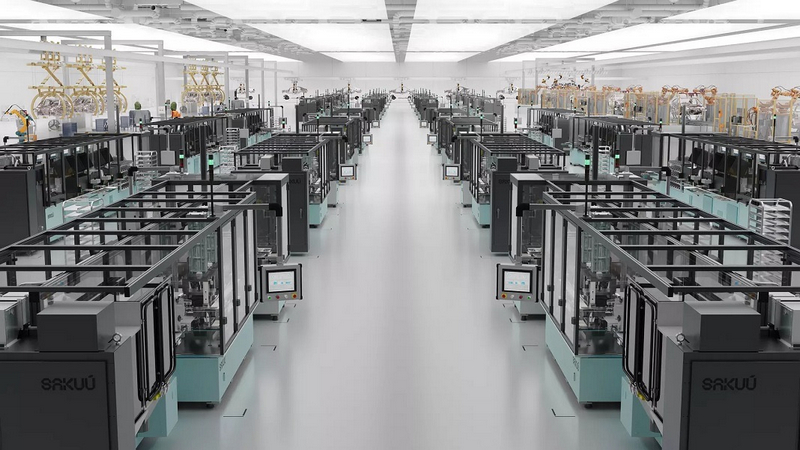
Solid-state batteries are said to be the next big change in battery technology thanks to their reduced fire risk, increased energy density, and smaller size, but no one has yet produced a commercially viable solid-state battery that can replace currently Lithium-Ion batteries. California-based start-up Sakuú thinks the answer is to use 3D printing, which would allow them to make much more efficient use of space and therefore produce batteries with much higher capacity than competitors. What challenges do solid-state batteries face, who is Sakuú, and how will 3D printing help their goal of developing practical solid-state batteries?
UK Government To Scan All UK Internet-Connected Devices To Assess Country Security
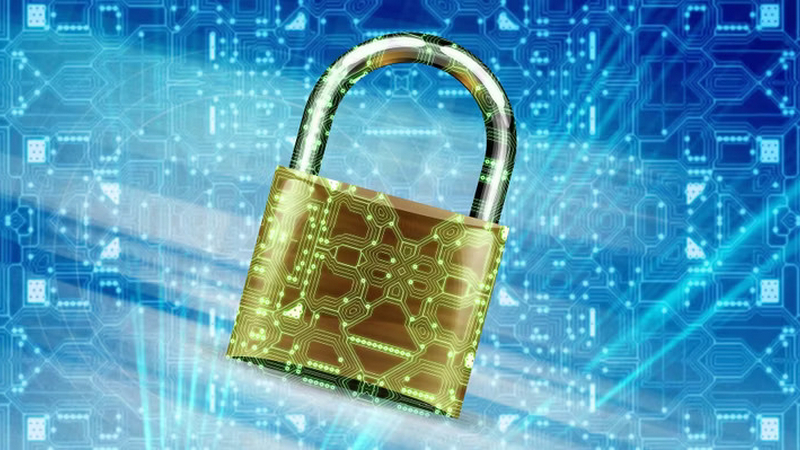
As the world becomes increasingly reliant on internet technologies, the growing number of insecure devices puts countries at risk of cyberattacks from enemy nations. Recently, the UK Government announced that the National Cyber Security Centre will launch a massive program to identify all internet-connected devices in the UK to determine the risk of threat from cyber warfare. What challenges has the mass integration of internet-connected devices introduced, what will the NCSC do, and how would the results be interpreted?
Open-Source Hardware News
How Utility Systems Are At Risk From IoT And Itself

Has the internet of things — the vast, interconnected, computer-centred ecosystem of today — reached a point where it is so complex, so multilayered, has so many architects, and has so many national interests embedded in it that it has become a threat to itself? Well, according to the author of an article published by Forbes, the infrastructure that powers modern civilisation certainly is at threat, and engineers need to start considering how to better defend themselves against malicious attacks. What challenges do IoT devices present, how are utilities depend on IoT, and what solutions could help protect against such attacks?

